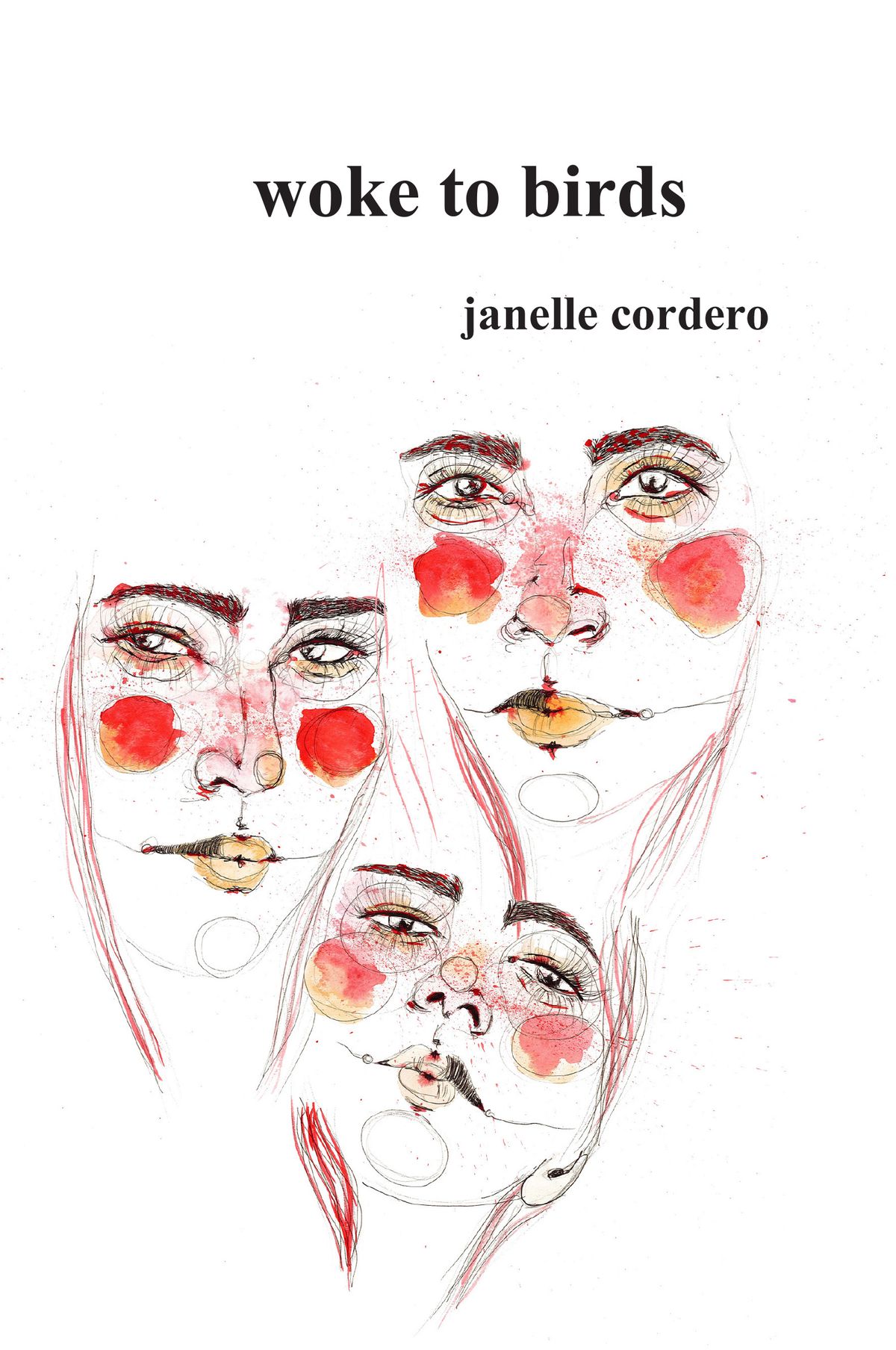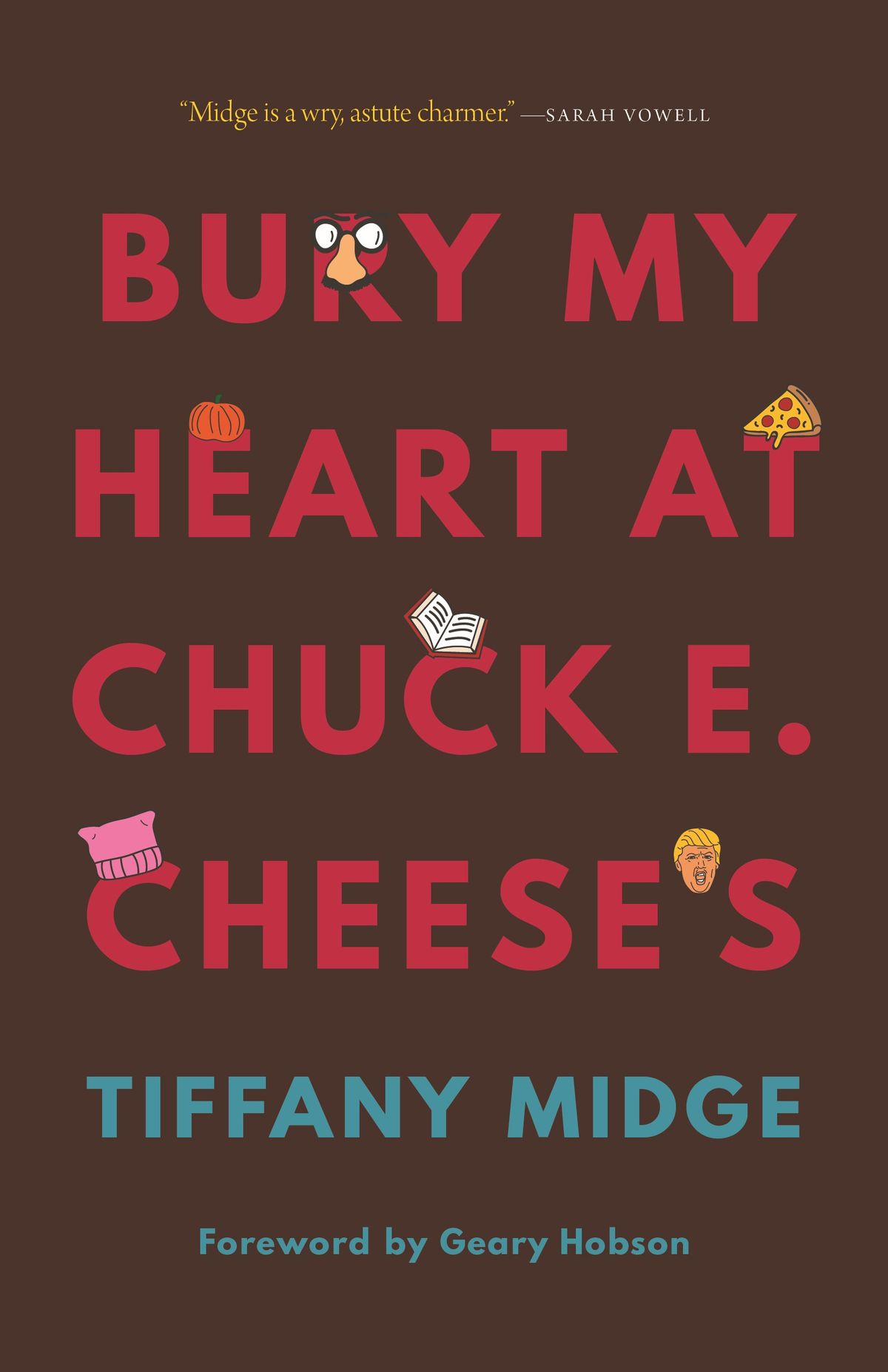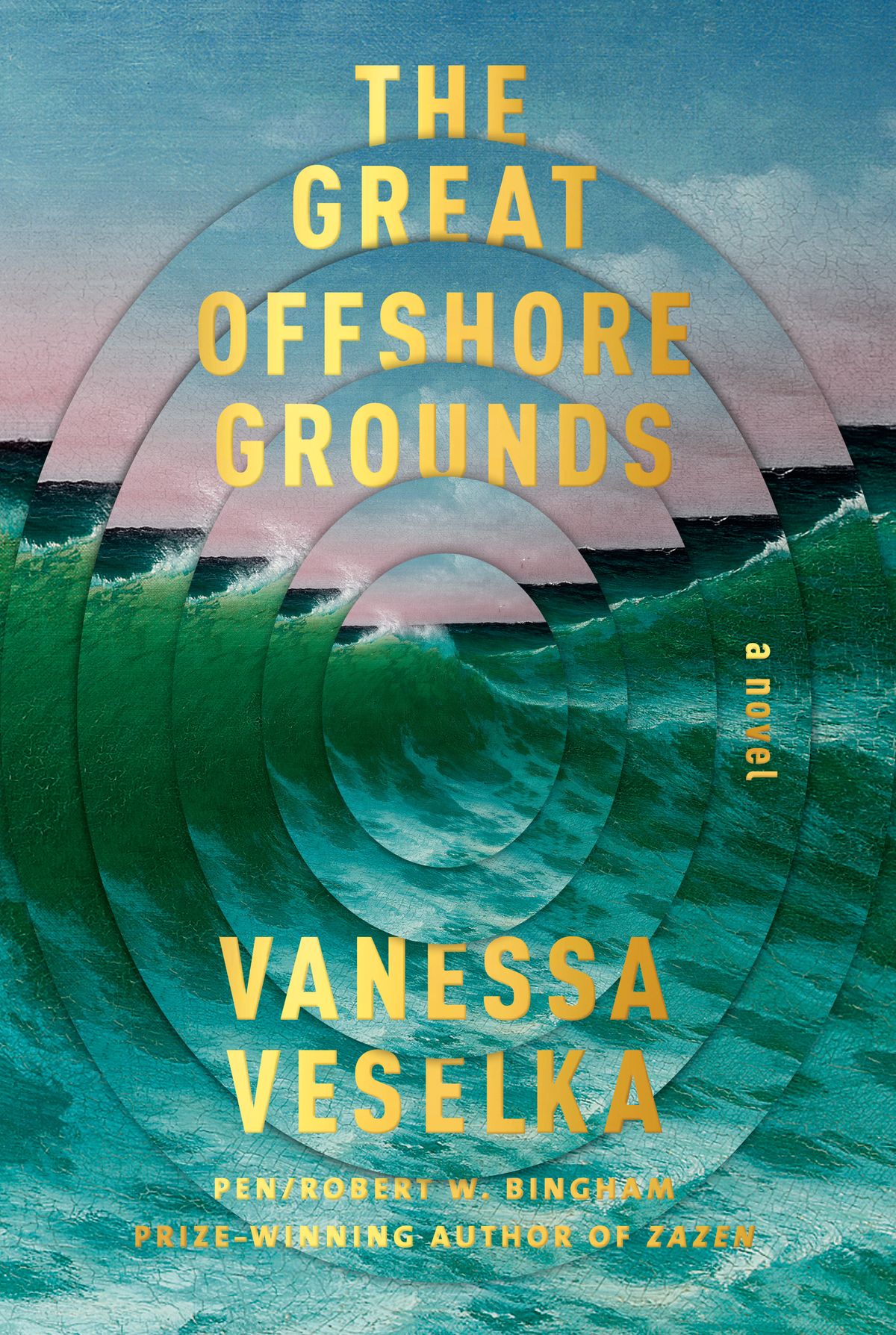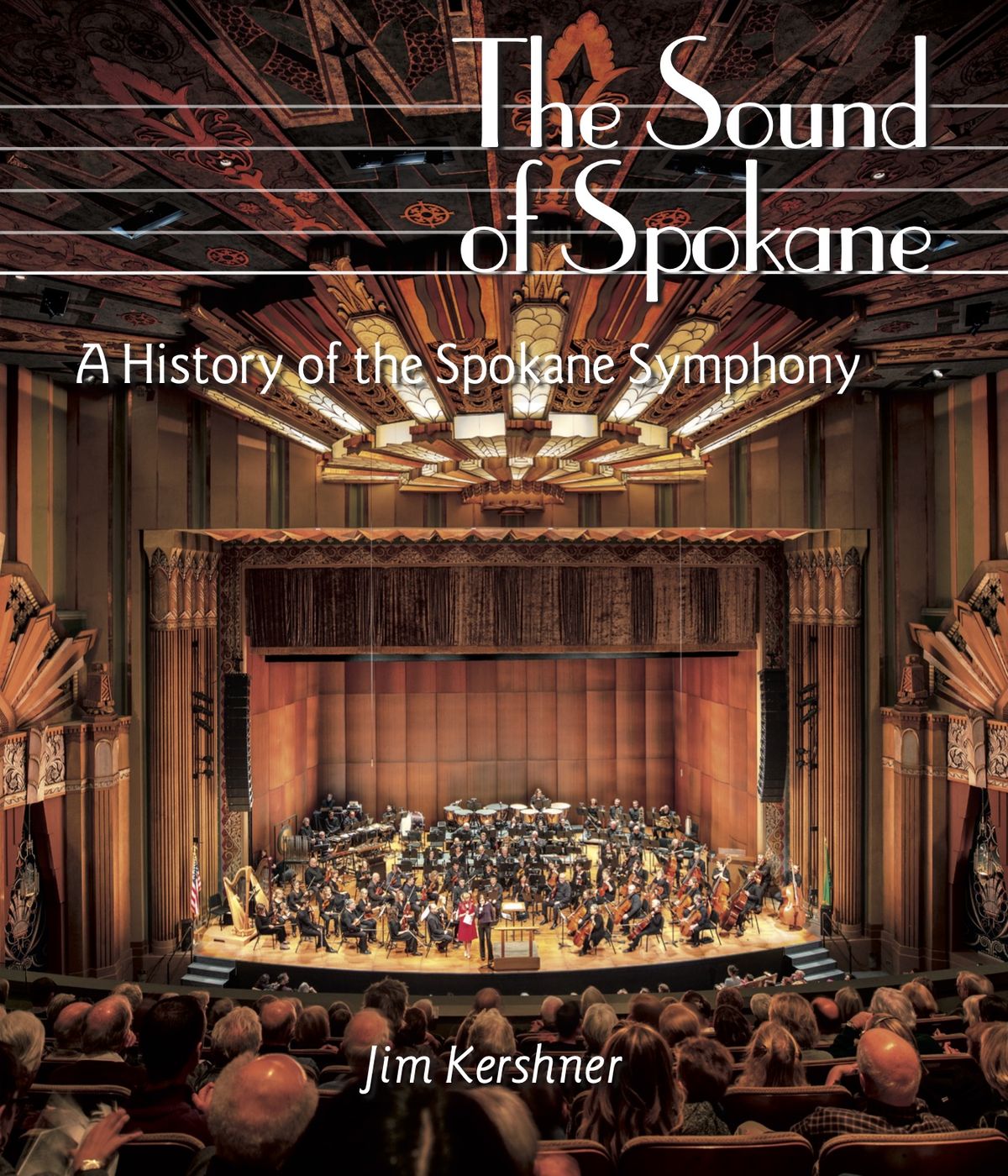The best books of Locally Writ in 2020
“Bury My Heart at Chuck E. Cheese’s” by Tiffany Midge (Courtesy)
With a year of highlighting local authors behind me, the time seemed right to look back and review the list. In no particular order, here are several of my favorites, plus one I’m looking forward to in the new year. All books listed are – or will be – available for purchase at Auntie’s Bookstore.
“Before Familiar Woods” by Ian Pisarcik: Set in the densely wooded fictional town of North Falls, Vermont, the mystery follows Ruth Fenn, a recently bereaved mother, and Milk Raymond, a soldier, five days returned from a three-year deployment in Iraq, struggling to deal with the stress of parenting alone. The death of Ruth’s son, Matthew, is shrouded in malicious gossip. Milk’s son, Daniel, seems like a stranger to him. Amid this deeply personal angst, a greater mystery unfolds in the town. After the disappearance of her husband, Ruth begins to understand how far she had distanced herself from Matthew before his death; Milk tries to avoid doing the same while his son is still alive.
“The Colds Millions” by Jess Walter: At times I worry that I’ve written too much about this book. But, knowing how good it is, that seems unlikely. Set during the free speech riots of Spokane in 1909, “The Cold Millions” centers around Rye and Gig Dolan, two brothers living by their wits and struggling to find their place in a world that doesn’t want them.
“Leaving the Boys” by Mindy Cameron: After an unplanned pregnancy near the end of her senior year at Pacific University, Cameron put her plans for a career in journalism on hold. But all was not lost. Eventually, she was able to renew that pursuit, writing and editing for publications like the Seattle Times, the Lewiston Morning Tribune and the Idaho Statesman, as well as public TV stations in Boise and Rochester, N.Y. A personal and compelling account of Cameron’s life, “Leaving the Boys” explores themes of motherhood, work, feminism and romance.
“In Accelerated Silence” by Brooke Matson: Matson’s second book of poetry, “In Accelerated Silence,” is primarily a work of grief. But it also embodies a personal interrogation of the universe, echoing the new understanding she gained from reading Louise Glück’s “The Wild Iris,” that as a poet, one can take on a host of voices, even and perhaps especially from things that don’t actually speak.
“Eden Mine” by S.M. Hulse: “Eden Mine” follows Jo Faber, a paraplegic artist living in the fictional town of Prospect, Montana, as she prepares to move out of her family home. Sunday morning, 37 days before her move deadline, Faber is suddenly alone, forced to face a crisis of another kind altogether when her brother Samuel becomes the prime suspect after the local courthouse is bombed. As we get to know Faber, Hulse explores the social and emotional impact of loving a family member even after they’ve done something unforgivable.
“Atomic Theory 7: Poems to My Wife and God” by Shann Ray: In this collection of sonnets, Gonzaga professor and poet Shann Ray Ferch explores the question of suffering and “the violence of living” through poetry with illustrations by artist Trinh Mai. Ray juxtaposes examples of ultimate violence and ultimate forgiveness in an attempt to explore the capacity of human goodness. “What does ultimate forgiveness have to say to ultimate violence?” Ray asks.
“Woke to Birds” by Janelle Cordero: While Cordero’s first collection of poetry, “Two Cups of Tomatoes,” was a coming-of-age piece focused on finding stability and tangible security, “Woke to Birds” dives into her more abstract anxieties: faith, spirit and mortality. “To me, poetry is prayer,” she said. “It’s my way of expressing something that is transcendent and magical and spell-like. It’s a way of honoring the ordinary and the extraordinary, condensing the beauty and the mystical essence of life into something on a page that will then connect with another person.”
“Bury My Heart at Chuck E Cheese” by Tiffany Midge: Whether through poetry, Twitter posts, opinion pieces or the humor column she once wrote for Indian Country Today, Midge is always finding ways to express herself. Featured in this year’s Spokane Is Reading list next to nationally acclaimed authors like Ta-nehisi Coates and Roxane Gay, Midge’s “Bury My Heart at Chuck E. Cheese’s” explores life, politics and Midge’s identity as a Native woman in America.
“The Great Offshore Grounds” by Vanessa Veselka: Veselka’s latest novel, longlisted for the National Book Awards 2020 for Fiction, tells the story of sisters Livy and Cheyenne as they set out to claim an unusual inheritance from their estranged father. The book explores how individuals begin to navigate ethics and emotions until they find where in the world they belong.
“The Sound of Spokane” by Jim Kershner: When conductor and “musical taskmaster” Harold Paul Whelan came to Spokane in 1945, many before him had tried and failed to form a viable symphony orchestra. Spokane clearly wanted a symphony, Kershner says, but it would take Whelan’s special blend of musical dedication and business acumen to finally put the necessary pieces in motion. Seventy-five years later, despite enough turmoil, emotion and general drama to fuel a symphony written by Beethoven, the Spokane Symphony has continued to solidify its reputation as what some call “the smallest major orchestra in the United States.”
“The Hand of the Sun King” by Jeremy TeGrotenhuis: Acquired officially by U.K. publishing house Gollancz, the first installment of TeGrotenhuis’s debut fantasy trilogy, “The Hand of the Sun King,” is slated for release on Aug. 5. Wen Alder is close to taking the Imperial examinations, the first step to becoming Hand of the Emperor and learning to wield the Empire’s legitimate magic. Alder’s path will take him from lowly student to Empire sorcerer, force him to choose between his country and his family and lead him toward uncovering the truth.









